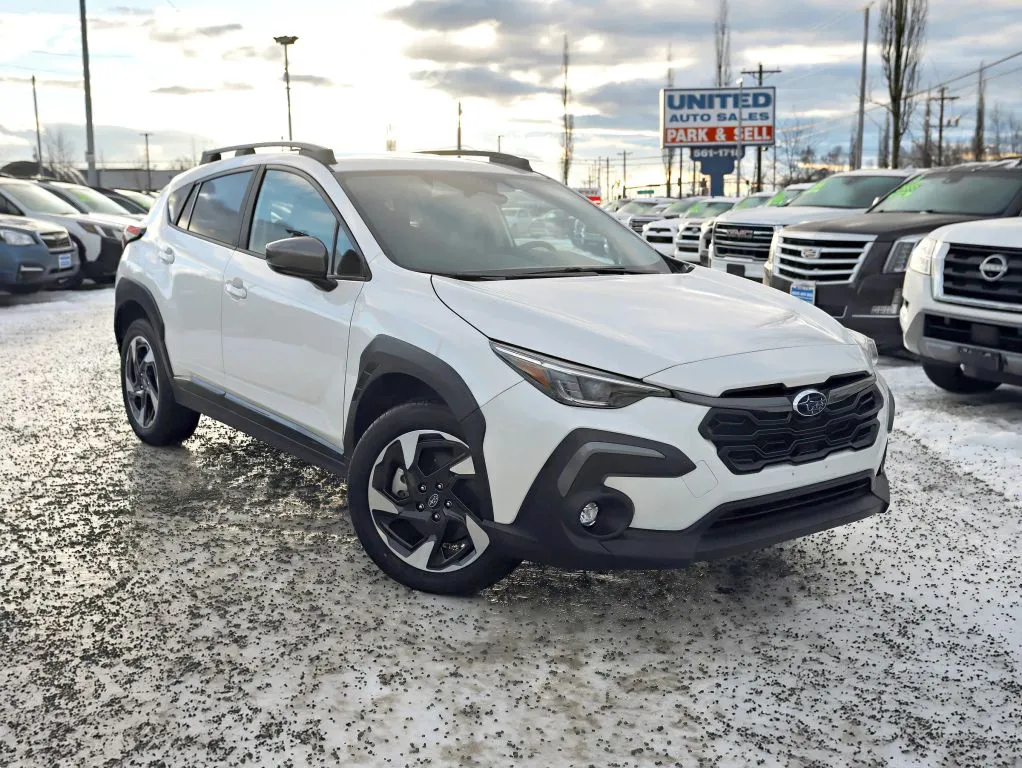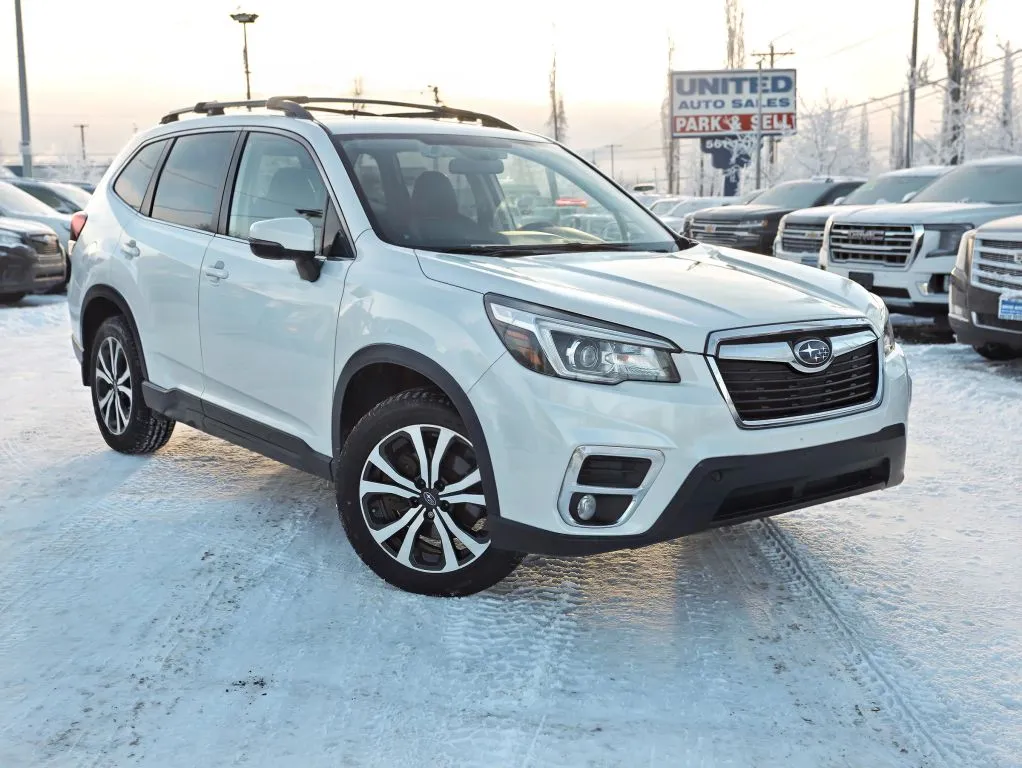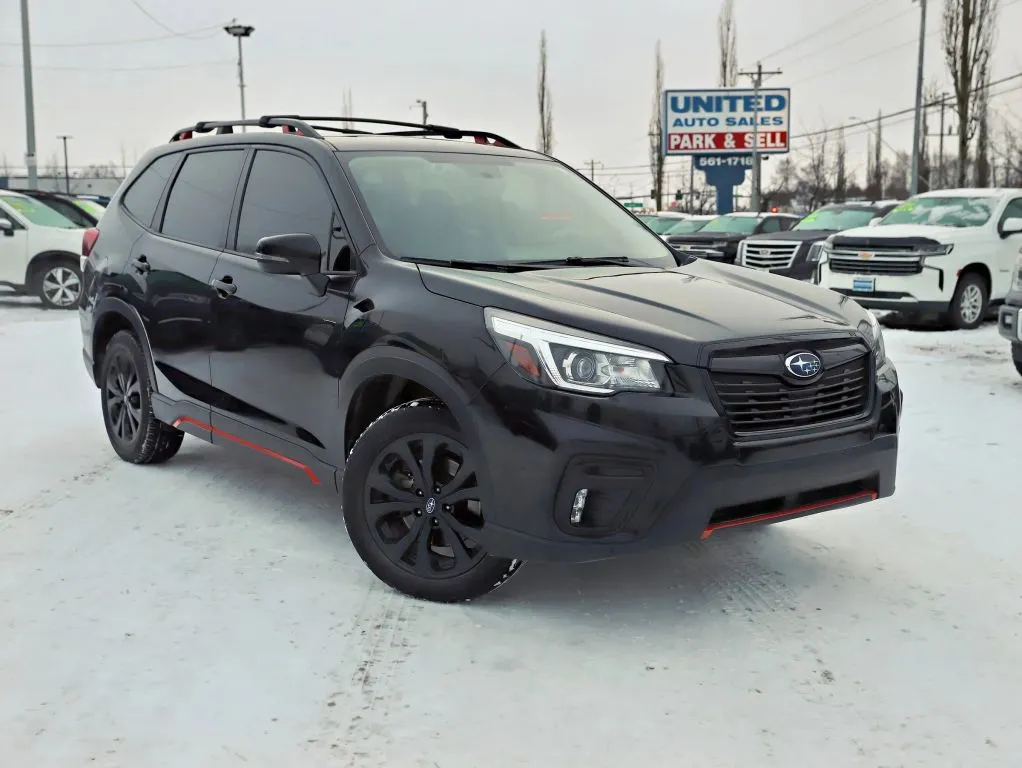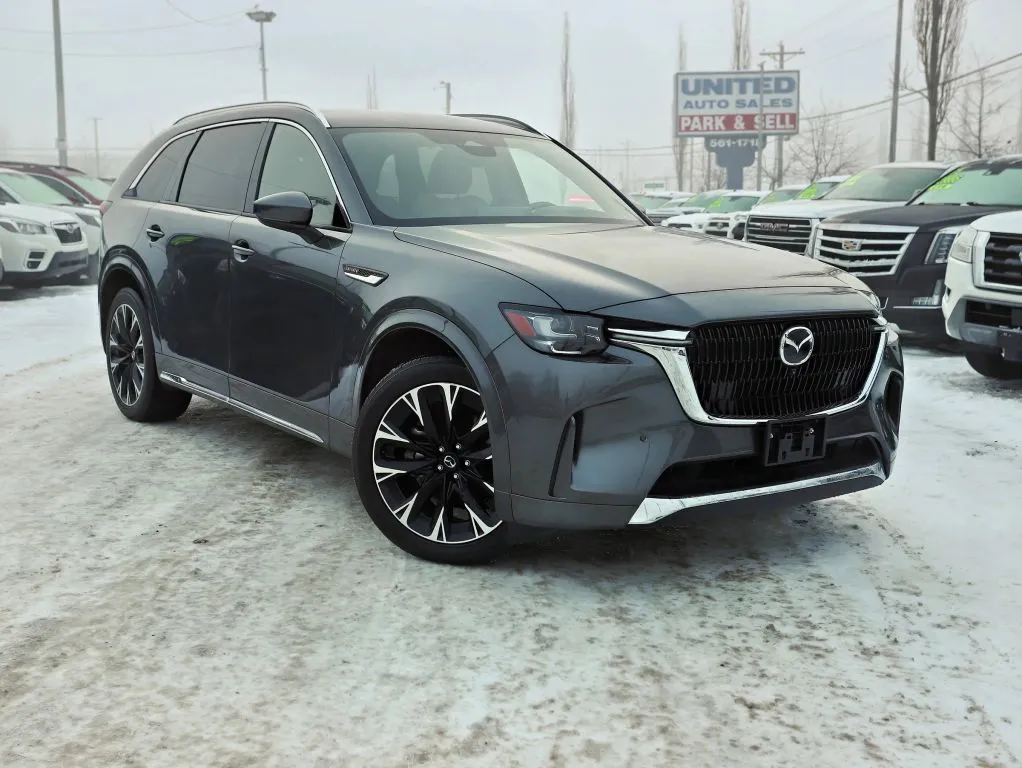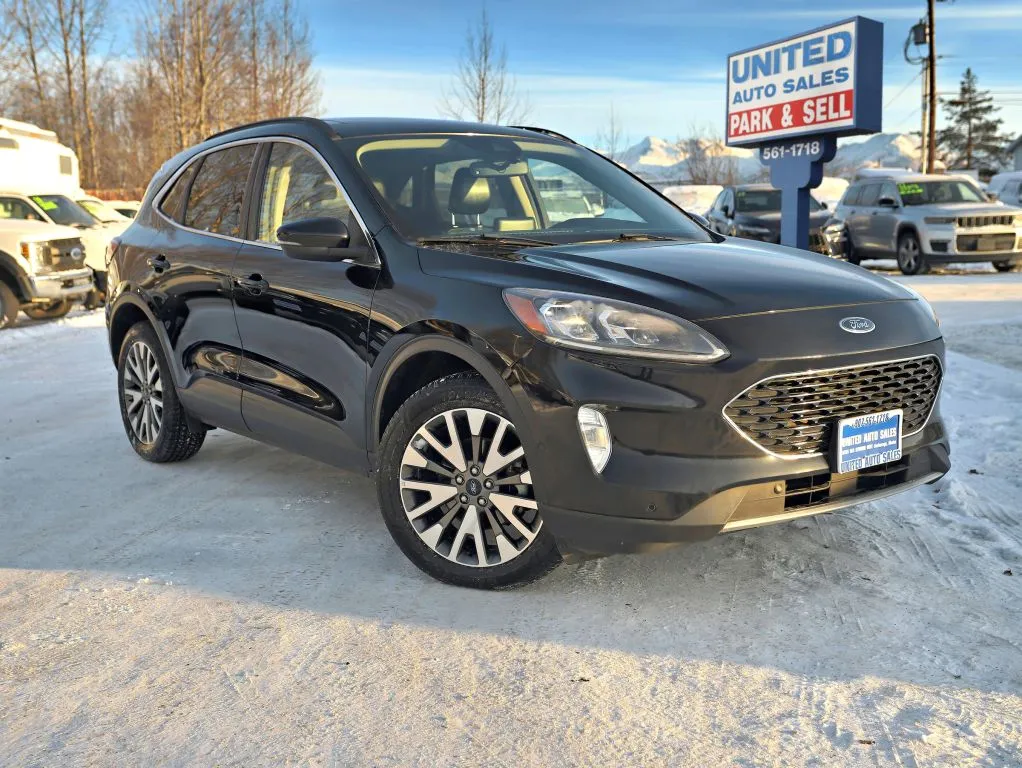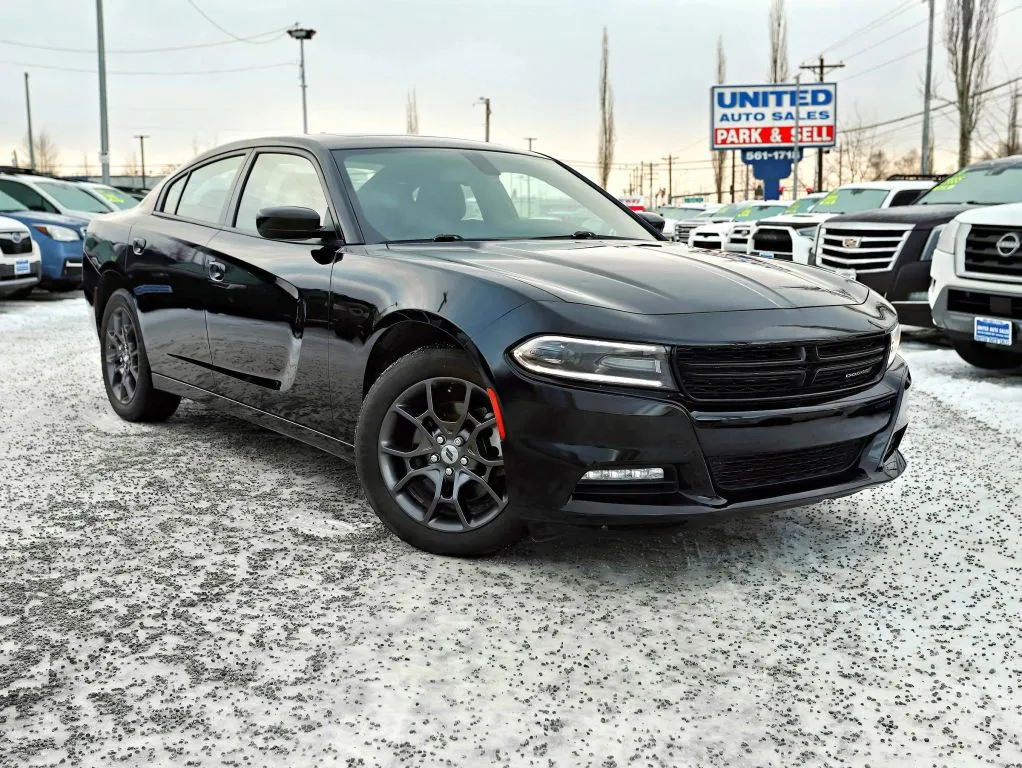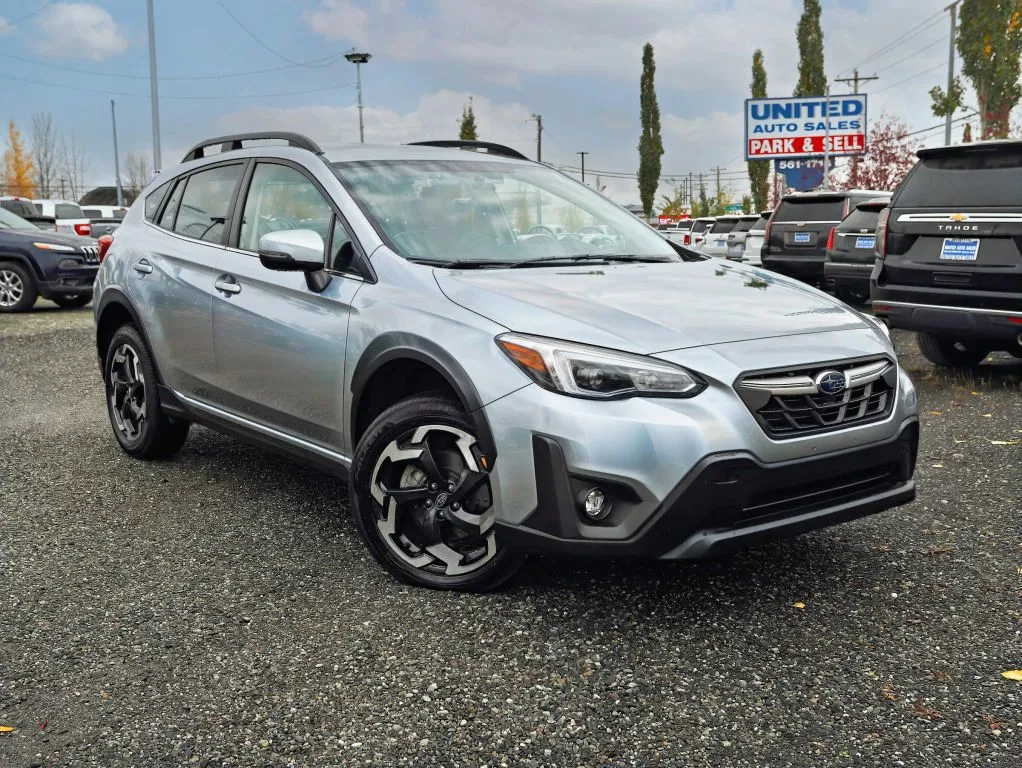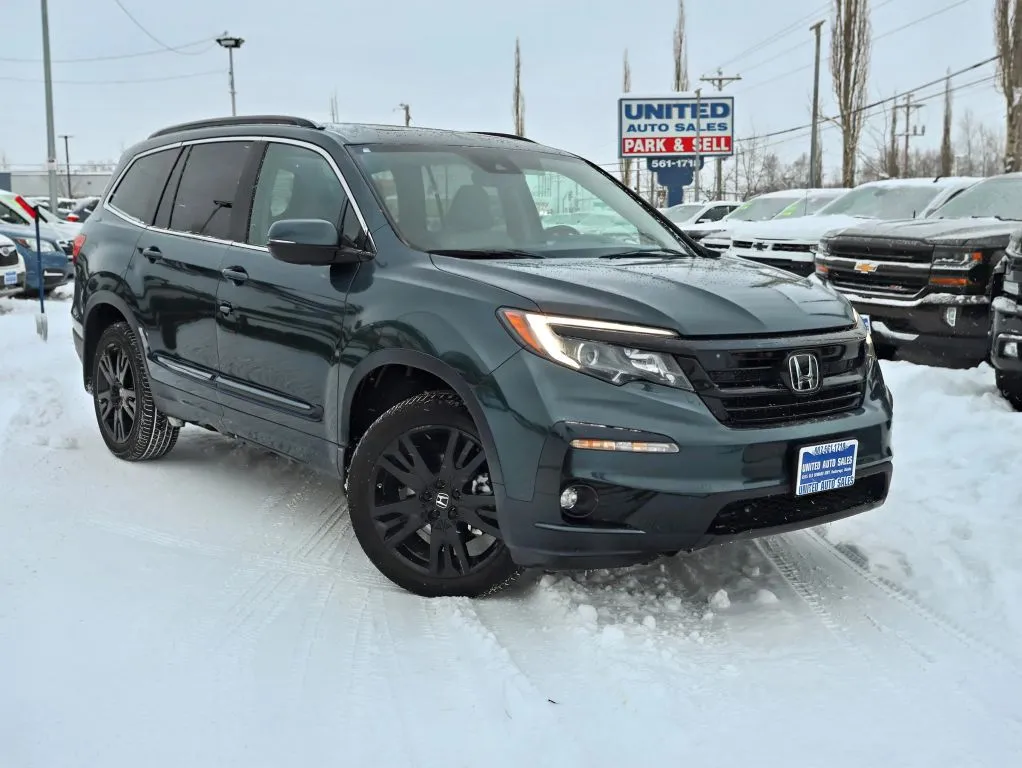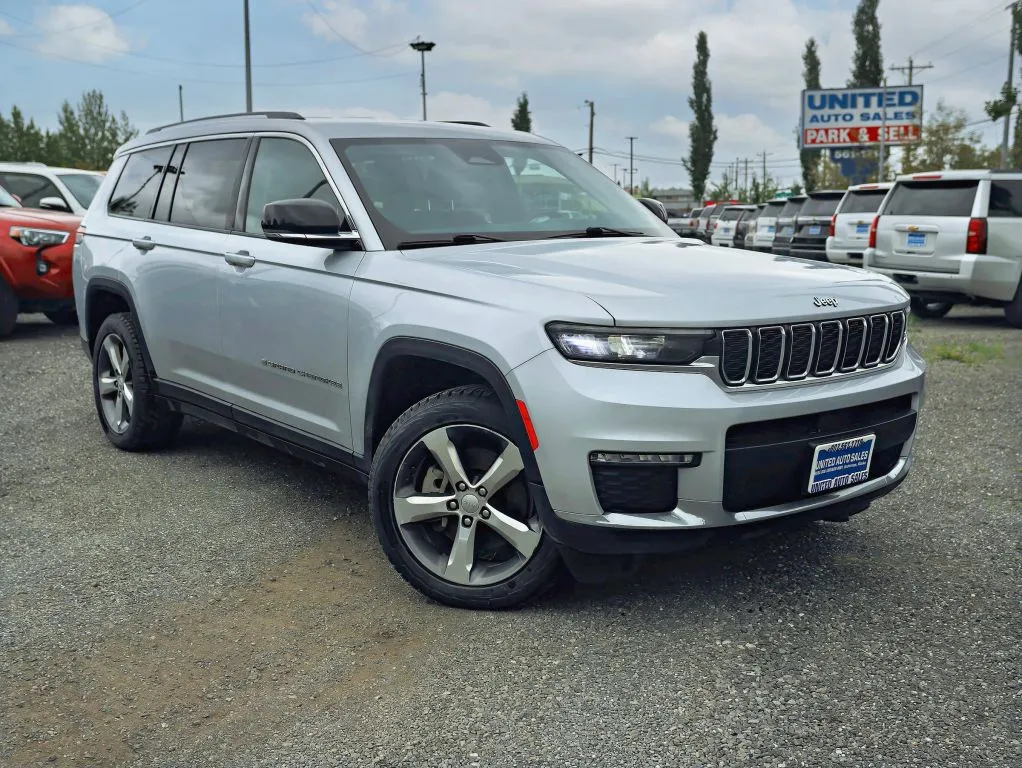What is the Difference between Used and Certified Used Cars?
Table of Contents
- Used vs Certified Used Cars: Comparison Table
- What is a Used Car?
- Pros and Cons of Purchasing a Used Car
- What is a Certified Used Car?
- Pros and Cons of Purchasing a Certified Used Car
- Key Differences Between Used vs Certified Used Cars
- Inspection
- Warranties
- Cost
- Condition
- Resale Value
- Benefits of Buying a Used Car
- Lower Initial Cost
- Greater Variety and Availability
- Potential for Negotiating Better Deals
- Suitable for Buyers with a Tight Budget
- Benefits of Buying a Certified Used Car
- Peace of Mind from Thorough Inspections
- Manufacturer-Backed Warranties
- Assurance of Quality and Reliability
- Roadside Assistance and Other Perks
- How to Choose between Used and Certified Used Cars
- Conclusion
- Check Our Used Cars Inventory at United Auto Sales
- Frequently Asked Questions
When it comes to purchasing a vehicle, many buyers grapple with the decision between a new car, a used car, and a certified used car. Each option has its own set of advantages and considerations, but the choice ultimately depends on the buyer's priorities and budget. In recent years, buying used cars has gained significant popularity due to the considerable savings and value they offer. However, within the realm of used cars, there exists a further distinction that buyers need to understand: the difference between used and certified used cars.
The terms used car and certified used car are often thrown around in the automotive market, yet many potential buyers might not fully grasp what sets them apart. Understanding the difference between used and certified used cars is crucial in making an informed purchase decision that aligns with your needs and expectations. In this blog post, we will delve into the specifics of both categories, explore their unique benefits and drawbacks, and provide you with the insights necessary to choose the right option for you.
By the end of this comprehensive guide, you'll have a clear understanding of the used vs certified used car debate, enabling you to make a confident and well-informed decision when you next find yourself on the car lot.
Used vs Certified Used Cars: Comparison Table

What is a Used Car?
A used car, as the name suggests, is a vehicle that has been previously owned and driven by one or more individuals before being offered for sale again. Used cars can vary widely in terms of age, mileage, condition, and history. They are sold through various channels, including private sellers, independent dealerships, and franchised dealerships. Let's have a look at some pros and cons of buying a used car.
Pros and Cons of Purchasing a Used Car
Pros:
- Cost Savings: Used cars generally come with a significantly lower price tag compared to new cars. The depreciation that occurs as soon as a new car is driven off the lot is already factored into the price of a used car, providing substantial savings.
- Reduced Insurance Costs: Insurance premiums for used cars are generally lower than those for new cars. This is because the replacement cost of a used car is less, reducing the insurance company's risk.
- More Choices Within Budget: With the same budget, buyers can often afford a higher-end model or a vehicle with more features than if they were buying new.
- Slower Depreciation: Used cars lose value at a slower rate compared to new cars. The steepest depreciation usually happens in the first few years, so a used car has already gone through this phase.
Cons:
- Higher Maintenance Costs: Older cars may need more maintenance and repairs as parts wear out, and these costs can accumulate over time.
- Uncertainty About History: Unless the car comes with a detailed history report, there may be uncertainties about past accidents, repairs, or how well the car was maintained.
- Limited Warranty: Most used cars are sold as-is, with limited or no warranty coverage. This means that any repairs needed after purchase are the buyer's responsibility.
- Outdated Technology: Depending on the age of the car, it may lack the latest technological features, safety enhancements, and fuel efficiency improvements found in newer models.
Consider a buyer named John who has a budget of $15,000. He decides to purchase a used car because he can get a mid-sized sedan with low mileage and a decent array of features that would cost much more if bought new. John finds a 2016 Honda Accord with 60,000 miles on it, which has a clean history and has been well-maintained by its previous owner. He manages to negotiate a price of $14,000, leaving him with some extra cash for any immediate maintenance or upgrades he might want.
Also Read: 11 Best Used Cars To Buy in USA
What is a Certified Used Car?
A certified used car, also known as a certified pre-owned (CPO) car, is a type of used car that has undergone a thorough inspection and reconditioning process by the manufacturer or a certified dealership. These cars meet specific age and mileage criteria and are often backed by a manufacturer’s warranty, providing additional peace of mind to the buyer.
Pros and Cons of Purchasing a Certified Used Car
Pros:
- Comprehensive Inspection: Certified used cars undergo a rigorous multi-point inspection process, ensuring that any mechanical or cosmetic issues are addressed before the car is sold.
- Extended Warranty: These cars often come with an extended warranty from the manufacturer, covering major components and providing additional protection against unexpected repairs.
- Roadside Assistance: Many certified programs include perks like roadside assistance, rental car reimbursement, and trip interruption coverage.
- Like-New Condition: Certified used cars are typically in excellent condition, having been reconditioned to meet high standards set by the manufacturer.
- Financing Offers: Some manufacturers offer special financing rates for certified used cars, making them more affordable over the loan term.
Cons:
- Higher Cost: The benefits of certification come at a price. Certified used cars are generally more expensive than non-certified used cars due to the added inspections, repairs, and warranties.
- Limited Selection: The pool of certified used cars is smaller than that of regular used cars, potentially limiting the options available to the buyer.
- Dealer Restrictions: Certified used cars are often only available through franchised dealerships, which may have higher prices compared to independent dealers.
Imagine Sarah, who is looking for a reliable and safe car for her daily commute and occasional road trips. She decides to explore certified used cars because she values the extended warranty and the assurance of a thorough inspection. Sarah finds a 2018 Toyota Camry with 40,000 miles at a certified pre-owned dealership. The car comes with a 7-year/100,000-mile powertrain warranty, 24/7 roadside assistance, and has passed a 160-point inspection. Sarah feels confident in her purchase, knowing she has the added protection and peace of mind.
Key Differences Between Used vs Certified Used Cars
When deciding between a used car and a certified used car, it's essential to understand the key differences that set them apart. These differences can impact your overall satisfaction, peace of mind, and long-term ownership experience.
Inspection
Used Cars:
Used cars typically do not undergo a standardized inspection process before being sold, especially when bought from private sellers or independent dealers. The onus is on the buyer to conduct a thorough inspection or hire a mechanic to do so. While some dealerships might perform a basic check, it doesn't compare to the rigorous standards of a certification process.
Certified Used Cars:
Certified used cars must pass a comprehensive inspection conducted by the manufacturer or a certified dealership. This multi-point inspection covers all major systems and components, including the engine, transmission, brakes, suspension, and more. Any issues found during the inspection are repaired or replaced with genuine parts, ensuring the car meets high quality and safety standards.
Warranties
Used Cars:
Most used cars are sold as-is, meaning they come without any warranty. Buyers must bear the cost of any repairs or maintenance needed after the purchase. Some used cars may still have remaining factory warranties, but this is not always guaranteed.
Certified Used Cars:
Certified used cars come with extended warranties that go beyond the original factory warranty. These warranties often cover major components like the engine and transmission and may include additional perks such as roadside assistance and rental car reimbursement. The extended warranty provides buyers with added protection and peace of mind.
Cost
Used Cars:
Used cars are generally more affordable than certified used cars. The lower price reflects the lack of certification, and warranties, and the potential for unknown issues. For budget-conscious buyers, a used car can be an excellent choice, especially if they are willing to do their due diligence.
Certified Used Cars:
Certified used cars come at a premium price due to the additional benefits they offer, such as thorough inspections, extended warranties, and reconditioning. While the upfront cost is higher, the added value in terms of reliability, protection, and peace of mind can justify the investment for many buyers.
Condition
Used Cars:
The condition of used cars can vary widely depending on factors such as age, mileage, and how well the previous owner maintained the vehicle. Without a thorough inspection, buyers may encounter hidden issues that could lead to costly repairs down the road.
Certified Used Cars:
Certified used cars are typically in excellent condition, having undergone a rigorous inspection and reconditioning process. They are often newer models with lower mileage and have been well-maintained. This ensures a higher level of reliability and reduces the likelihood of unexpected problems.
Resale Value
Used Cars:
The resale value of a used car depends on various factors, including its make, model, age, mileage, and condition. Generally, used cars depreciate at a slower rate than new cars, but their value can still be impacted by wear and tear and market demand.
Certified Used Cars:
Certified used cars often have a higher resale value compared to regular used cars. The extended warranty, thorough inspection, and reconditioning process contribute to their desirability and perceived value. Buyers may be willing to pay more for a certified used car, knowing it has been well-maintained and offers additional protection.

Benefits of Buying a Used Car
When considering purchasing a vehicle, buying a used car offers several advantages that can be particularly appealing to budget-conscious buyers.
Lower Initial Cost
One of the most significant benefits of purchasing a used car is the lower initial cost. Used cars are generally much cheaper than new cars, which means you can get more value for your money. This lower price tag also translates to reduced taxes and insurance premiums, further lowering the overall cost of ownership.
Greater Variety and Availability
Another advantage of buying a used car is the greater variety and availability. The used car market provides a diverse selection of makes, models, and years, enabling buyers to find a vehicle that matches their specific preferences and requirements. This variety also makes it easier to find a car with specific features or in a particular color that may no longer be available in new models.
Potential for Negotiating Better Deals
The used car market is also more flexible when it comes to pricing, giving buyers the potential to negotiate better deals. Private sellers and dealerships alike are often open to price negotiations, which can lead to substantial savings. Additionally, the ability to negotiate can help buyers secure a vehicle that fits within their budget while still meeting their requirements.
Suitable for Buyers with a Tight Budget
For buyers with a tight budget, used cars provide an affordable option to own a reliable vehicle without breaking the bank. The lower initial cost, combined with the potential for negotiation and reduced insurance premiums, makes used cars an attractive option for those looking to maximize their savings.
Benefits of Buying a Certified Used Car
While buying a used car has its benefits, opting for a certified used car comes with its own set of advantages, particularly for those seeking peace of mind and added security.
Peace of Mind from Thorough Inspections
Certified used cars undergo rigorous inspections and refurbishments to meet the manufacturer's standards. This thorough vetting process ensures that the car is in excellent condition, reducing the risk of unforeseen issues and providing buyers with greater confidence in their purchase.
Manufacturer-Backed Warranties
One of the standout benefits of certified used cars is the inclusion of manufacturer-backed warranties. These warranties offer coverage for various components and systems, providing protection against potential mechanical failures and costly repairs.
Assurance of Quality and Reliability
Certified used cars come with the assurance of quality and reliability, as they must meet strict criteria set by the manufacturer. This assurance means buyers can trust that the vehicle has been well-maintained and is less likely to encounter significant problems.
Roadside Assistance and Other Perks
In addition to warranties, many certified used cars come with added perks such as roadside assistance, rental car reimbursement, and complimentary maintenance services. These benefits enhance the overall ownership experience and provide additional peace of mind for the buyer.
How to Choose between Used and Certified Used Cars
Assessing Budget Constraints
Determine your budget before starting your car search. If you have a limited budget, a regular used car might be the best option, as it allows you to maximize your purchasing power. However, if you can afford the premium, a certified used car offers additional benefits that can provide long-term value.
Evaluating Personal Needs and Preferences
Consider your specific needs and preferences when choosing between a used and certified used car. If reliability and peace of mind are top priorities, a certified used car with a warranty and thorough inspection may be worth the extra cost. On the other hand, if you are knowledgeable about cars and confident in your ability to identify a good deal, a used car could provide significant savings.
Considering Long-Term Costs and Benefits
Think about the long-term costs and benefits of each option. While a certified used car may have a higher upfront cost, the extended warranty and lower likelihood of unexpected repairs can save you money in the long run. Additionally, the higher resale value of a certified used car can offset some of the initial investment.
Importance of Conducting Research and Thorough Inspections
Regardless of whether you choose a used car or a certified used car, conducting thorough research is crucial. Look up reviews and ratings for the make and model you are interested in, and check the vehicle's history report for any red flags. For used cars, consider hiring a trusted mechanic to perform a pre-purchase inspection. For certified used cars, ensure that the certification is from a reputable source and that the inspection report is available for review.
Advice on Visiting Dealerships and Test-Driving Vehicles
Visiting multiple dealerships and test-driving several vehicles can help you make a well-informed decision. Pay attention to how each car handles, any unusual noises, and overall comfort. Ask the dealer for the car's history report and details about any warranties or certifications. Take your time and don't feel pressured to make an immediate decision. It's essential to choose a vehicle that meets your needs and gives you confidence in your purchase.
Conclusion
Understanding the difference between used and certified used cars is essential for making an informed decision when purchasing a vehicle. Both options have their unique advantages and drawbacks, and the right choice depends on your individual needs, budget, and preferences.
A regular used car offers significant cost savings and a wider selection, making it an attractive option for budget-conscious buyers who are willing to do their due diligence. However, the potential for unknown issues and the lack of warranty can be a drawback for some.
On the other hand, a certified used car provides added peace of mind through rigorous inspections, extended warranties, and reconditioning. While the upfront cost is higher, the benefits in terms of reliability, protection, and resale value can justify the investment for many buyers.
Ultimately, the decision between a certified vs used car should be based on a careful evaluation of your priorities and a thorough assessment of the options available. By conducting thorough research, visiting multiple dealerships, and test-driving several vehicles, you can make a confident and well-informed choice that meets your needs and provides lasting satisfaction.
Check Our Used Cars Inventory at United Auto Sales
At United Auto Sales, we pride ourselves on offering a wide selection of quality used cars to suit every budget and lifestyle. As a trusted used car dealer in Anchorage, AK, we ensure each vehicle is thoroughly inspected and ready to drive off the lot. Whether you're looking for a reliable sedan, a rugged SUV, or a spacious truck, you'll find it in our extensive inventory. Contact us today or visit our website to schedule a test drive.
Frequently Asked Questions
Q.1 What is the difference between used and approved used cars?
The difference between used and approved used cars is that approved used cars have undergone rigorous inspections and meet manufacturer standards, often coming with warranties and additional benefits. Regular used cars may not have these inspections or warranties, making them potentially less reliable.
Q.2 What does certified mean on a car?
Certified on a car means it has passed a thorough inspection by the manufacturer or a certified dealership, meeting specific quality and condition standards. These cars often come with extended warranties, roadside assistance, and other perks, ensuring reliability and peace of mind for the buyer.
Q.3 What is a great practice when shopping for used vehicles?
A great practice when shopping for used vehicles is to thoroughly research the vehicle’s history, including past ownership, maintenance records, and accident reports. Additionally, getting a trusted mechanic to inspect the car and test driving it can help ensure you're making a reliable and informed purchase.

